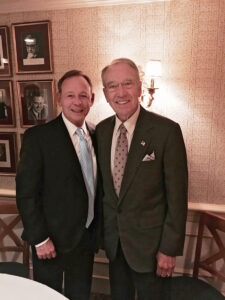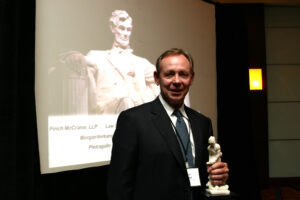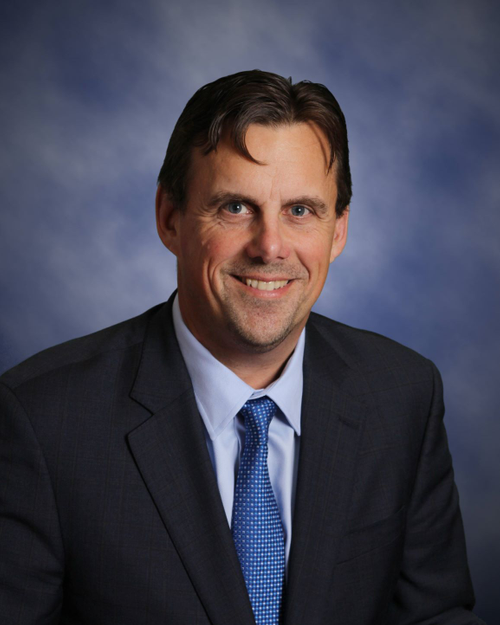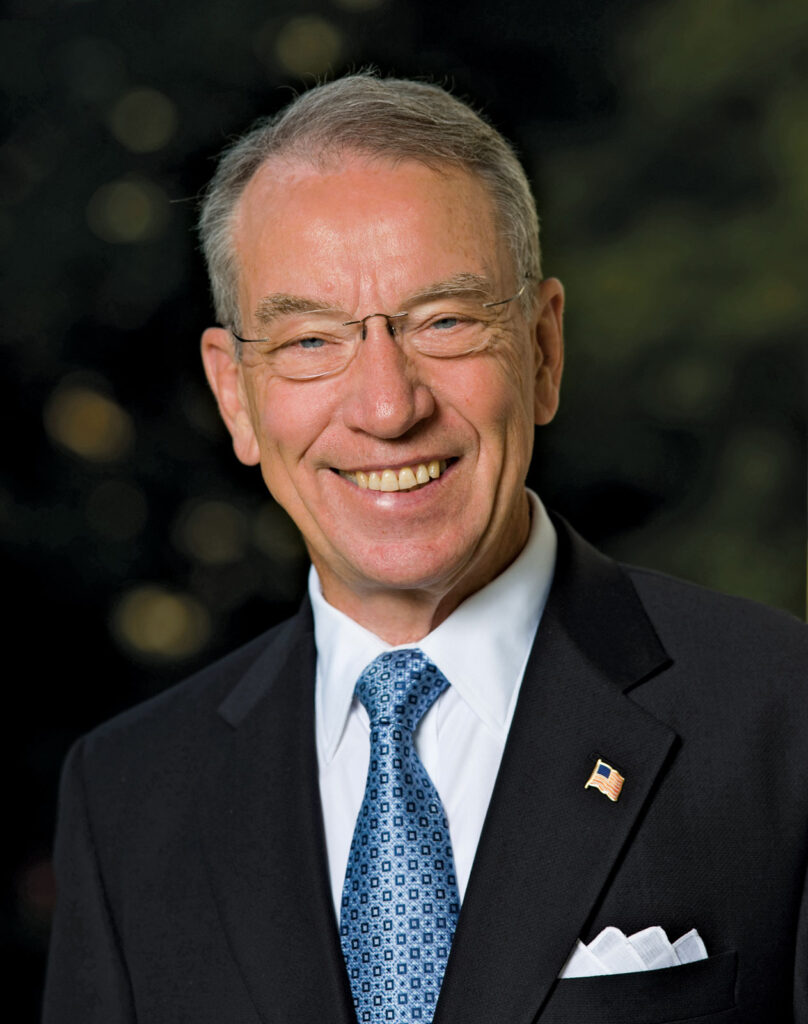
Amazon
Best Seller!
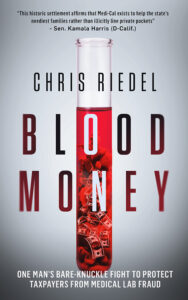
AUTHOR OF
BLOOD MONEY
One man's bare knuckle fight
to protect taxpayers from medical lab fraud

Chris is one of the top medical whistleblowers ever — and he’s still at it. He owned and was CEO of a highly regarded Northern California lab testing company, Hunter Labs, until he was squeezed out of business by the predatory pricing scheme of the “Blood Brothers,” Quest and LabCorp. Their quid pro quo scheme, which involved loss-leader pricing to doctors and clinics to gain to their exclusive testing business, and then overcharging Medicare and Medi-Cal 20 to 40-fold, has cost taxpayers billions of dollars — and forced higher quality, but smaller labs like Hunter, either to fold or be absorbed by them. The Blood Brothers’ scheme is one of the most nefarious in the medical fraud world that Chris fought to expose.
Some would say that Chris is a hero to taxpayers – a whistleblower not only going after medical fraud, but making sure that taxpayers do not get ripped off any further. In all, he and his partners have won cases totaling cases totaling over $550 million, which is what drives this now-retired man.
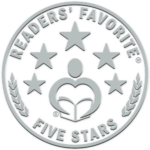
BLOOD MONEY BOOK TRAILER
California vs. Quest Diagnostics and Laboratory Corporation of America
During the 1990s, two labs (dubbed the “Blood Brothers” by Wall Street analysts) grew to dominate the industry: Quest Diagnostics and Laboratory Corporation of America (LabCorp). When my wife, Marcia, and I came back into the industry 11 years after we retired, the California laboratory industry had changed. Instead of walking into a level playing field for all labs, what we found was a rigged deck, a broad pattern of corruption, kickbacks, price gouging, and naked profiteering. This made it impossible for honest competitors, like our Hunter Labs, to survive.
Even worse, I discovered that hundreds of millions of dollars were being stolen from California’s Medicaid system.
The “Brothers” business model was to capture physician clients by losing money on below cost prices billed to the physicians or IPA capitated contracts, and making huge profits from “pulling-through” the remainder of the physicians practice of Medicare, Medicaid, insurance payors and a small amount of patient billing, all of which were billed at rates grossly exceeding the discounts. They blatantly refused to follow California law mandating that the Medi-Cal program for California’s neediest citizens is entitled to the lowest charge offered to other customers. Often, the charges to Medi-Cal were 20 – 40 times the charges offered to physicians, clinics, and insurance companies- stealing billions of dollars from California taxpayers.
I believed that such shameful conduct would quickly be stopped by the California Department of Justice. Boy was I wrong!
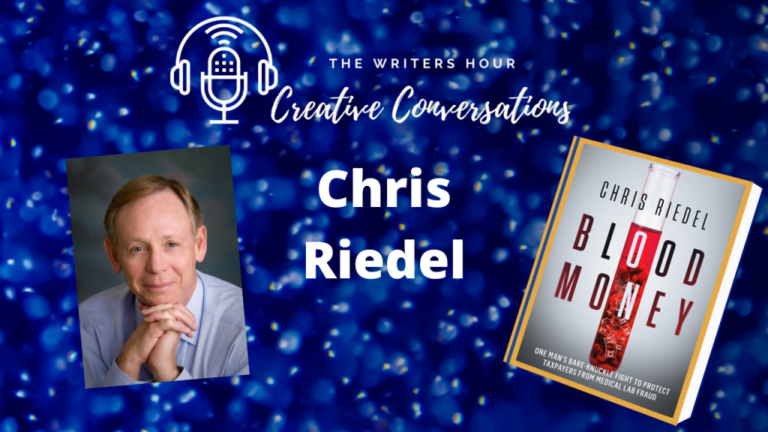
BLOOD MONEY REVIEW
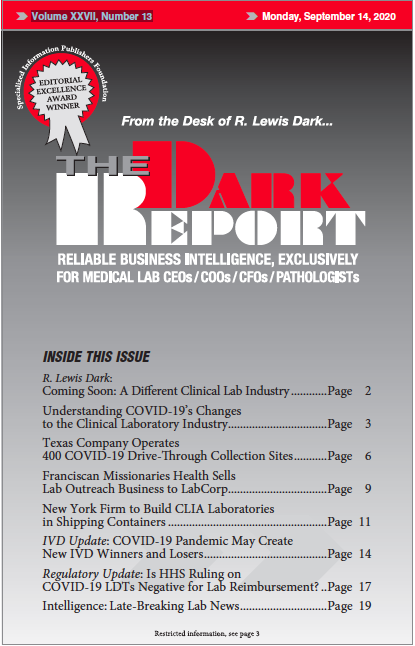
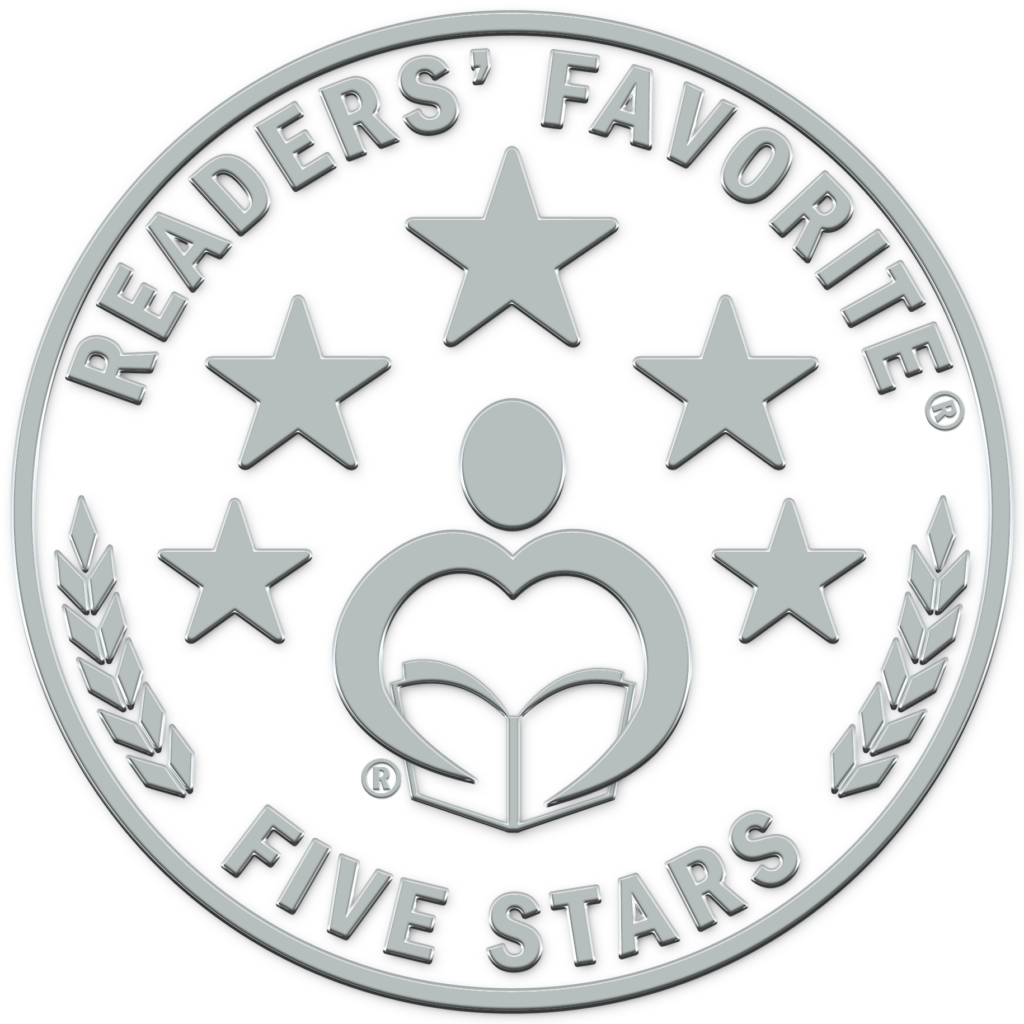

Fraud Fighter
"I never imagined I would become a fraud fighter. My closest friends, also successful businessmen, despised anyone who sued corporations—particularly Whistleblowers. This held throughout corporate America. Was I about to become something they despised? After much research and reflection, it appeared to me that the only way to save taxpayers from being ripped off — and, in the case of Hunter, to save the business itself — was to stop the Blood Brothers’ frauds. The only way to potentially do that was through a whistleblower, or Qui-tam, lawsuit. But did I really want to file suit against two Goliaths, Quest and LabCorp, the biggest labs in the world?"
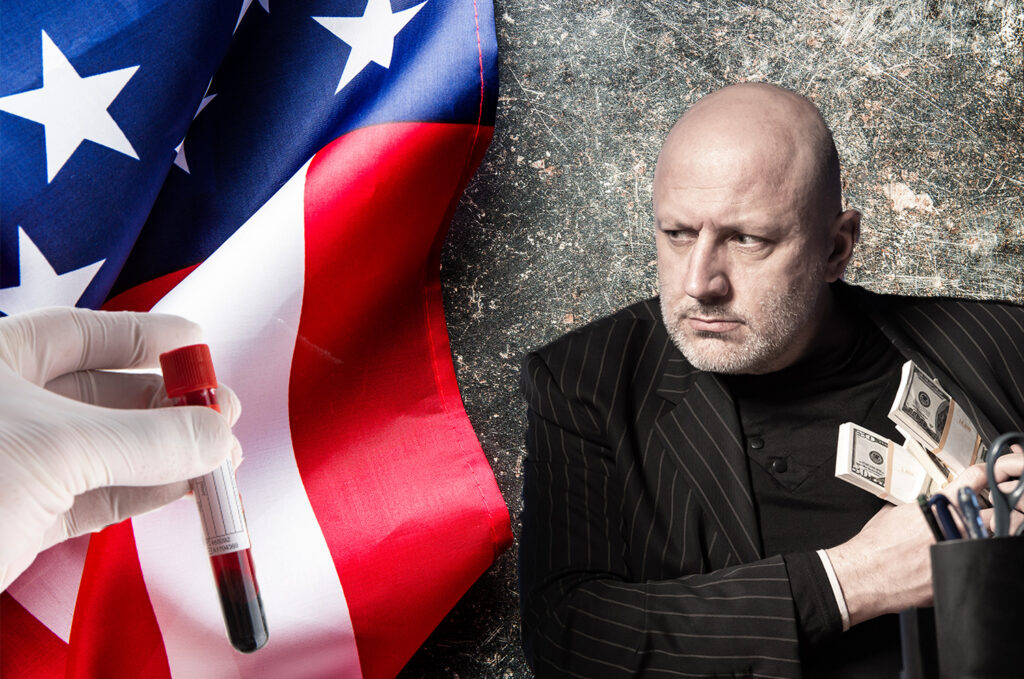
ABOUT BLOOD MONEY
Blood Money is the story of how a Silicon Valley CEO became a fraud fighter. It is an insider’s look at the David vs. Goliath struggle between a whistleblower seeking to save his company and stop taxpayers from being ripped-off, and healthcare companies engaged in massive fraud. Along the way, it exposes what it is like to work with government prosecutors.
I lived the Silicon Valley dream, founding my first company at twenty-four, and then starting two others while I was still a young man. The first two companies revolutionized how bacterial infections were diagnosed and treated—saving hundreds of thousands of lives around the world.
My third company, Meris Laboratories, jumped to another level entirely. Between 1988-90, it experienced the fastest growth among 2,000 labs in the industry, and delivered the highest pre-tax profits. In 1991, we achieved the ultimate Silicon Valley aspiration by leading the company through an initial public offering (IPO). A secondary offering (SPO) followed six months later. A month after the SPO, Business Week selected Meris as the fortieth best small business in America — out of over 20 million registered small companies. We were deeply honored.
We decided to celebrate our success in the best possible way: a few months after the SPO, I retired after twenty-two years in healthcare. I was forty-five years old. For someone who grew up in a lower middle-class family, you can only imagine how proud I felt.
During the 1990s, two labs (dubbed the “Blood Brothers” by Wall Street analysts) grew to dominate the industry: Quest Diagnostics and Laboratory Corporation of America (LabCorp). When my wife, Marcia, and I came back into the industry 11 years after we retired, the California laboratory industry had changed. Instead of walking into a level playing field for all labs, what we found was a rigged deck, a broad pattern of corruption, kickbacks, price gouging, and naked profiteering. This made it impossible for honest competitors, like our Hunter Labs, to survive.
Even worse, I discovered that hundreds of millions of dollars were being stolen from California’s Medicaid system.
This corruption was anything but a victimless crime. Beyond California’s taxpayers, many others were getting harmed, namely California’s oldest, sickest, and poorest. What I found was that the Blood Brother-dominated laboratory testing market in California had devolved largely into profiteering by the greedy at the expense of the needy.
These frauds were not accidents. They were core business plans, designed and sanctioned at the top. I learned of this as the “big wink” that goes on every day in American healthcare. If you want to be a big or mid-sized player in the healthcare arena, you quickly find out that you must make a choice: join the fraud team or go home. One of the largest pharmaceutical companies in the world, Merck, was described by an Assistant U.S. Attorney at a Taxpayers Against Fraud conference as: “Organized crime masquerading as a drug company.”
I never imagined I would become a fraud fighter. My closest friends, also successful businessmen, despised anyone who sued corporations—particularly whistleblowers. This held throughout corporate America, which views whistleblowers as human obstacles instead of people who stand for integrity and fair business and employment practices. Was I about to become something they despised?
After much research and reflection, it appeared to me that the only way to save taxpayers from being ripped off — and, in the case of Hunter, to save the business itself — was to stop the “Blood Brothers’” frauds. The only way to potentially do that was through a whistleblower, or Qui-tam, lawsuit.
That led to one of the most consequential questions of my life: Did I really want to file suit against a half-dozen of the biggest laboratory companies in California engaging in these practices—two of which were Quest and LabCorp, the biggest labs in the world? And a third company that came equipped with a $6 billion trust fund?
Nearly all of us love the Biblical story about how a lone shepherd, guided by righteousness and armed with only five smooth stones, slayed the largest and best-armored professional warrior in the world. We use the story as a metaphor in all sorts of situations in which our little selves must accomplish something that seems impossible. But that story is four thousand years old! My story is timelier… and the scale just as big, the “Brothers” were (and still are) healthcare Goliaths.
At the time, I didn’t know how fraud fighters tended to be tarred, feathered, and destroyed by the companies they exposed, or that the odds of success were less than the odds of getting hit by lightning. Nor that the average award for a successful whistleblower is only $32,000; the reports we hear of whistleblowers settling for many millions are truly few and far between. I simply believed in my heart that I had to take up this cause.
So I did. Blood Money is the story of a fraud, perpetrated by two Goliaths in the industry that rippled across almost all 50 states — and the fight to expose and bring to bear the culprits. If it feels like it has more twists and turns than a horror thriller in a hall of mirrors, imagine living through it.
